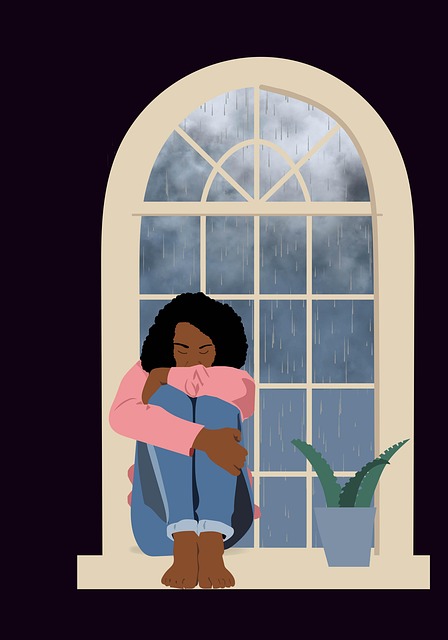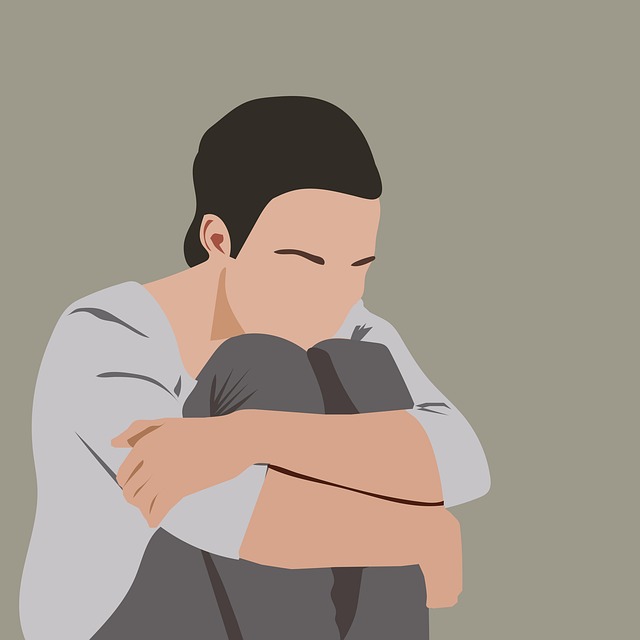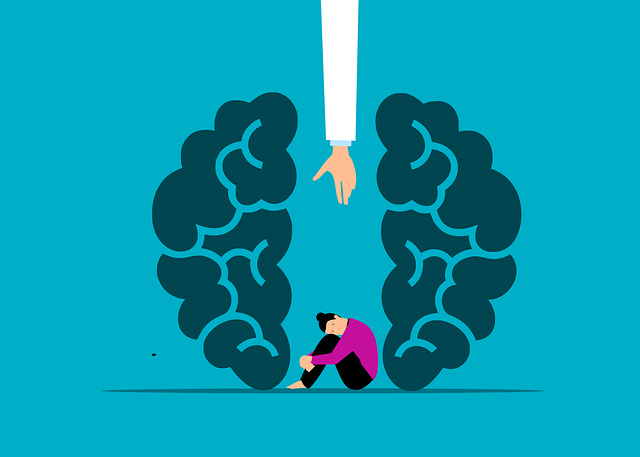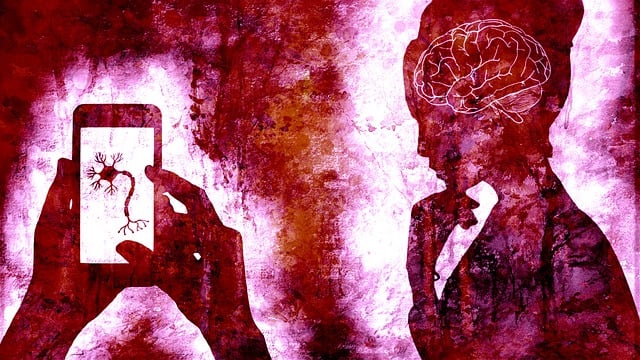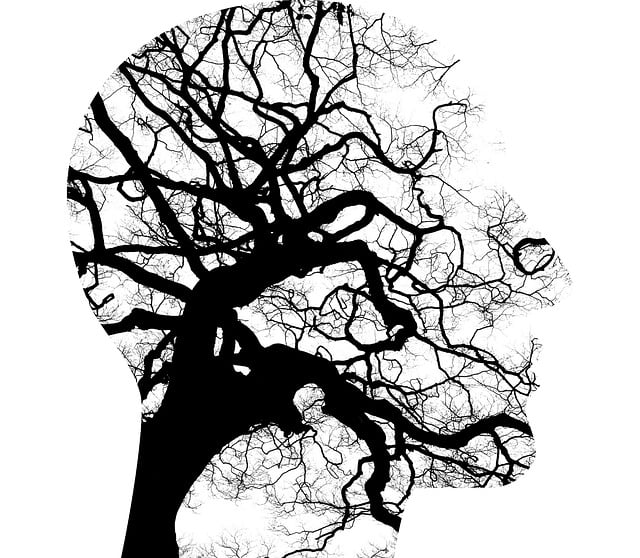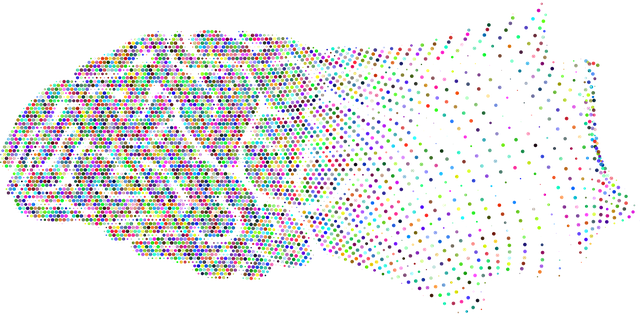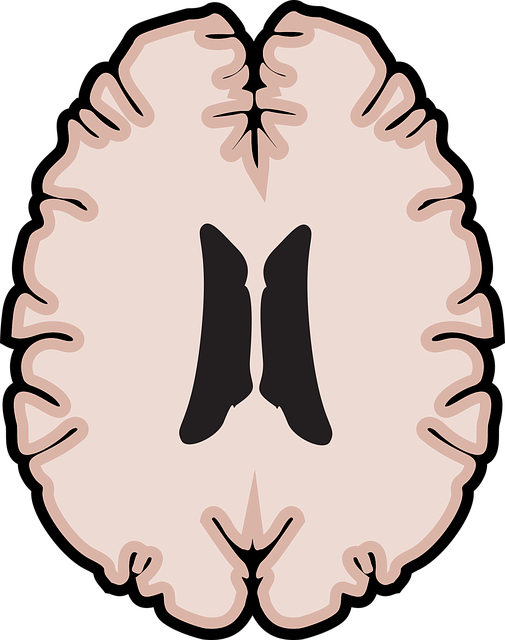Lone Tree Adolescent and Teen Therapy tackles the significant barrier of stigma surrounding mental illness in teens and young adults, hindering their quest for help. They do this through education—for clients and communities alike—using open conversations, stress management tools, emotional regulation coaching, and tailored support programs. By integrating mental health topics into school curricula, producing a Mental Wellness Podcast Series, and hosting community workshops, they break down societal perceptions, encourage empathy, and empower young people to take charge of their mental wellness, fostering an environment where seeking help is normalized and encouraged.
Mental illness stigma remains a significant barrier to seeking help, impacting millions. This article explores comprehensive strategies to reduce mental health stigma, focusing on education, therapeutic approaches, and community engagement. By understanding the deep-rooted nature of stigma and its effects, we can utilize evidence-based methods, such as those employed by Lone Tree Adolescent and Teen Therapy, to create supportive environments. Together, these efforts foster a more inclusive society where individuals feel empowered to prioritize their mental wellness without fear of judgment.
- Understanding Stigma and Its Impact on Mental Health
- The Role of Education in Breaking Down Stigma Barriers
- Therapeutic Approaches to Support Individuals Affected by Stigma
- Strategies for Fostering Community Engagement and Support
Understanding Stigma and Its Impact on Mental Health

Stigma surrounding mental illness is a pervasive issue that significantly impacts an individual’s ability to seek help and maintain overall well-being. It often manifests as negative attitudes, stereotypes, and discrimination towards those living with mental health conditions, such as depression, anxiety, or severe disorders like schizophrenia. This societal stigma can have profound consequences on the affected person’s life, leading to feelings of isolation, shame, and fear of judgment. As a result, many individuals struggle in silence, hindering their progress towards recovery and personal growth.
At Lone Tree Adolescent and Teen Therapy, we recognize that breaking down the barriers created by stigma is an essential step toward fostering mental wellness. Our therapy programs focus on educating both clients and communities to reduce these negative perceptions. By promoting understanding and empathy, we aim to empower teenagers and young adults to take charge of their emotional well-being. This includes encouraging open conversations about mental health, providing tools for stress management and emotional regulation, and offering support through various coaching programs designed to cater to the unique needs of our clients.
The Role of Education in Breaking Down Stigma Barriers

Education plays a pivotal role in breaking down stigma barriers surrounding mental illness, especially among adolescents and teens. By integrating topics like mental health into school curricula, students can gain a deeper understanding of various conditions, their symptoms, and effective communication strategies for support. This early exposure normalizes conversations around mental wellness, encouraging peers to check in on each other’s well-being without fear of judgment.
Lone Tree Adolescent and Teen Therapy initiatives can leverage the Mental Wellness Podcast Series Production as a powerful tool to educate young minds. These podcasts, featuring expert insights and personal narratives, can dispel myths and foster empathy. Furthermore, teaching burnout prevention techniques in schools equips students with resilience against mental health challenges, creating a supportive environment that encourages open dialogue and reduces the stigma associated with seeking help.
Therapeutic Approaches to Support Individuals Affected by Stigma

Therapeutic approaches play a pivotal role in countering stigma surrounding mental illness, especially for vulnerable adolescents and teenagers. Lone Tree Adolescent and Teen Therapy offers specialized programs tailored to address the unique challenges faced by young individuals battling internalized shame and societal perceptions. Through individual therapy sessions, clients engage in emotional healing processes, learning coping mechanisms to navigate stress and anxiety. The therapists employ evidence-based techniques such as cognitive behavioral therapy (CBT) to challenge negative thought patterns and promote a healthier self-image.
Group therapy is another powerful tool where adolescents can connect with peers facing similar struggles, fostering a sense of community and belonging. This supportive environment encourages open dialogue, enhances social skills, and facilitates conflict resolution techniques essential for building resilience. By integrating various therapeutic modalities, Lone Tree Adolescent and Teen Therapy aims to restore mental wellness, empower individuals to embrace their true selves, and ultimately break down the barriers imposed by societal stigma.
Strategies for Fostering Community Engagement and Support

In reducing the stigma surrounding mental illness, community engagement is a powerful tool. Lone Tree Adolescent and Teen Therapy can serve as a hub for educating locals about mental health through workshops, awareness campaigns, and open discussions. By bringing together teenagers, parents, and community leaders, these initiatives foster understanding and empathy. Encouraging open conversations normalizes the topic of mental well-being, breaking down barriers and reducing the ‘otherness’ often associated with young people facing challenges.
Community support can be further strengthened through crisis intervention guidance tailored for adolescents. Teaching them and their families effective coping strategies and self-care practices empowers them to manage stress and seek help proactively. Boosting confidence in managing mental health issues is key to encouraging early intervention, ensuring that teenagers feel equipped to navigate their well-being alongside their peers and community support systems.
Mental illness stigma reduction is a multifaceted effort that requires education, therapeutic intervention, and community engagement. By understanding the profound impact of stigma on mental health, we can break down barriers through informed dialogue and support systems. Strategies like those employed by Lone Tree Adolescent and Teen Therapy, focusing on both individual and communal healing, hold promise in fostering inclusive environments where individuals affected by mental illness feel understood and empowered. Together, these efforts can create a more accepting society, leading to improved mental well-being for all.


